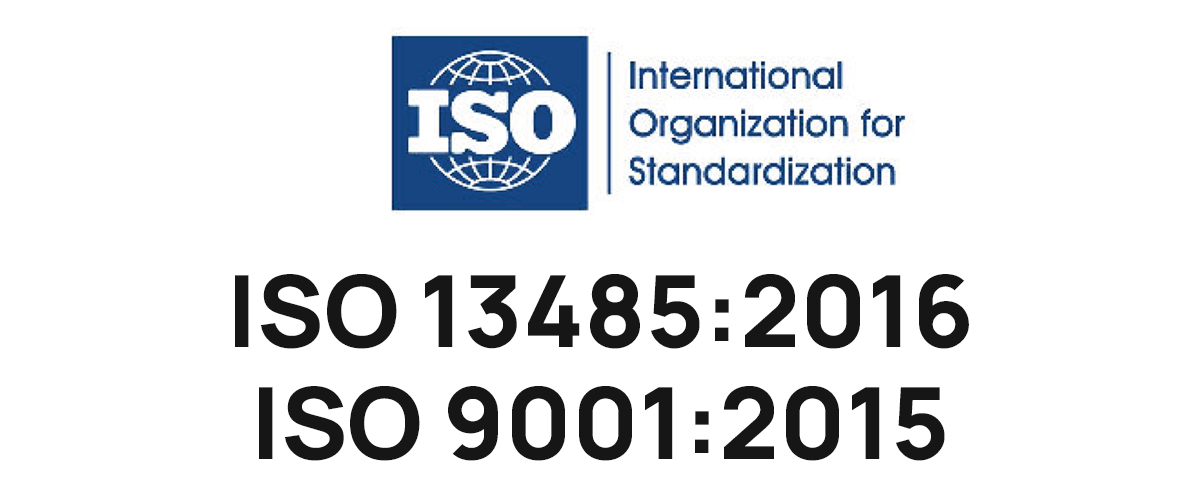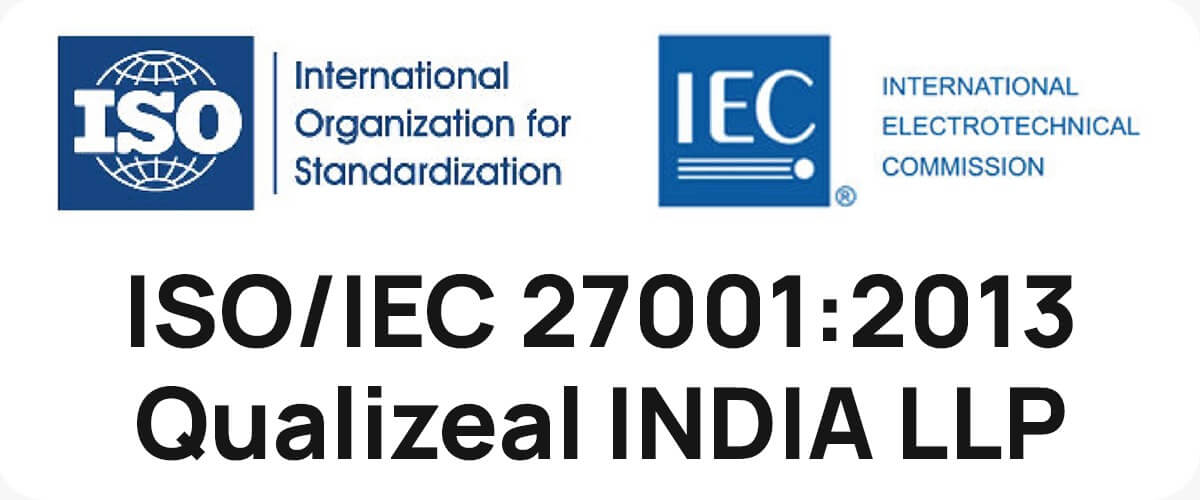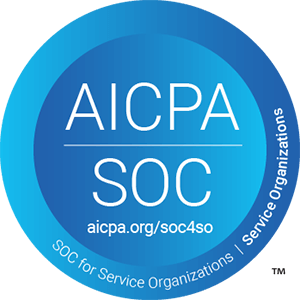The insurance industry is undergoing a monumental transformation, driven by advancements in artificial intelligence (AI). With a shift in the industry, from rising customer expectations to more complicated regulatory needs, insurers are trying new and innovative solutions that keep them agile and efficient. The most transformative among them is AI-powered test automation- a revolutionary solution for guaranteed software quality, efficiency, and compliance.
AI’s influence in the insurance sector is becoming increasingly significant, offering insurers the ability to streamline operations and improve decision-making processes. From automated claim processing to advanced risk assessment, AI is gradually assimilating into various insurance business workflows. But one of the most interesting application areas where AI unfurls its promise is test automation, ensuring that insurers always deliver high-class software, regardless of the incessant evolution in market demands.

Understanding AI-Powered Test Automation
AI-powered test automation goes beyond traditional automation frameworks by using machine learning algorithms to intelligently adapt and optimize testing processes. Unlike conventional test automation, which operates on predefined scripts, AI-driven systems learn from past data and can adjust to new conditions without human intervention. This aspect is especially vital in the insurance sector, where systems are required to manage a diverse array of intricate tasks, ranging from policy underwriting to claims handling, all while ensuring compliance with regulatory mandates. For instance, in the realm of claims processing, AI-driven test automation can replicate numerous real-world scenarios, including various claim types, policy conditions, and shifts in regulations.
This guarantees that the system operates efficiently across a variety of circumstances, pinpointing potential bottlenecks before they escalate into real-world problems. Furthermore, insurers frequently encounter the difficulty of merging legacy systems with contemporary technologies. AI-driven test automation can facilitate this transition by independently identifying integration points and adjusting tests to ensure seamless functionality across the systems.

Benefits of AI-Powered Test Automation in Insurance
Enhanced Efficiency: AI-powered automation significantly accelerates the testing process, helping insurers release new features and updates faster. In an industry where time-to-market is critical—such as launching a new insurance product or updating claims processing software—speed is essential. AI can execute thousands of test cases within a short period, allowing insurers to respond quickly to market changes or regulatory updates.
Higher Accuracy: In the insurance industry, a small error may result in serious financial and legal implications. Artificial intelligence improves test accuracy by reducing human errors to a minimum and identifying defects early in the development phase. For instance, while creating a premium calculation model, AI-based testing ensures perfect calculations under the most diverse conditions of policies, eliminating chances of error that will directly impact the lives of thousands of customers.
Predictive Analytics: The capability of AI to sift through extensive historical data empowers it to anticipate potential challenges in software performance. Within the realm of insurance, predictive analytics can uncover situations where claims processing may falter under heightened demand or where regulatory changes could interfere with policy management. This prescience equips insurers to tackle issues proactively before they can disrupt operations.
Scalability: The insurance industry is quite dynamic, and the workloads change from time to time according to market conditions, changes in regulations, and the behavior of consumers. AI-powered test automation can scale with such fluctuations, ensuring insurers are stable and perform well without losing quality. Whether it is surging claims during floods or reverting to new regulatory frameworks, AI-based testing scales up accordingly.
Enhanced Customer Experience: AI test automation, above all, allows the insurer to deliver an ideal customer experience. Once the applications and systems are tested and optimized as a whole, insurers can provide fast and quick services to their customers. For example, an insurance mobile app tested using AI may take less time to process claims, thus arousing greater satisfaction through real-time information and settlement.

AI-Powered Test Automation in Real-World Insurance Use Cases
One great application area is the automation of underwriting. For example, while understanding and evaluating risks and setting premium values for policies depend on complex algorithms, insurers apply AI-powered test automation in simulating a wide variety of customer profiles, regulatory conditions, and market scenarios – all aimed at validating these underwriting algorithms. This careful effort ensures that the right price is put on policies, avoiding financial losses to the insurer and the customer.
Another compelling use case lies in the realm of fraud detection. As insurance fraud evolves in sophistication, AI models come into play, adept at identifying unusual patterns and flagging potential fraudulent claims. With the assistance of AI-powered testing, these algorithms for detecting fraud are kept accurate and responsive to emerging fraud tactics, enabling insurers to minimize false positives while efficiently uncovering genuine cases of fraud

Implementing AI-Powered Test Automation
Existing testing processes need to be audited before embracing AI-driven automation and insurers need to understand their current testing frameworks and identify where AI may add efficiency. This could include time-consuming and prone-to-error, human-intervention-based testing procedures and systems updated consistently to adapt to regulatory change.
- Right Use of Tools: Right and appropriate AI-based testing tools form the foundation for proper implementation. Insurers should look for intelligent test automation along with predictive analytics that could smoothly integrate with their existing development pipelines. Some such tools include Test.ai for mobile app testing, Applitools for visual testing, and Eggplant for adaptive test automation. This will help them add benefits to insurance applications.
- Train the Team: AI-driven test automation requires new skill sets. Insurers are increasingly motivated to invest in training their teams to work with AI tools and optimize their testing strategies by using automation’s maximum potential.
- Start small and scale up: Let’s test the power of AI-driven automation in a pilot project in a controlled environment before scaling this up. For instance, an insurance company may begin by automating its claims processing system and then continue with underwriting or risk assessment processes with AI-driven automation.
- Continuous Improvement: AI-powered testing is not a one-time solution. The insurers ought to embrace it as a mindset of continuous improvement. They should ensure constant checks on performance and user feedback to guarantee that their systems remain robust, agile, and current with the latest industrial moves.

Overcoming the Barriers to AI-Driven Testing
While the benefits of AI-driven testing are apparent, there are many challenges to be considered. The short-term investments for AI technologies can be quite high and are based on tools and training; however, long-term returns on investments will include fewer operation costs and improved efficiency.
Moreover, data privacy and security stand as paramount concerns, particularly due to the sensitive nature of insurance information. Insurers are tasked with ensuring that their AI-driven testing processes adhere to pertinent regulations, including GDPR and HIPAA, in order to uphold customer trust and avert legal consequences.
Finally, shifting to AI-based test automation might necessitate a cultural change from the organization’s end. The leaders and stakeholders should understand what AI-based testing is all about and be ready to promote it in the actual processes.

Future of AI in Insurance Testing
Opportunities and possibilities abound in the future of AI-based test automation in the insurance industry. Insurers are likely to witness enhancements such as Natural Language Processing, where more ease is also brought into test case creation by allowing testers to discuss cases in simple language that would be translated by AI into executable script. AI-driven risk assessments will be real-time testing of the likely effects of changes on software, and self-healing tests wherein test cases can change autonomously based on changes made in applications.
Conclusion:
Test automation in the insurance industry is being revolutionized by AI, allowing efficiency, accuracy, and customer satisfaction to soar to new levels. By weaving AI into their testing processes, insurers can ensure that their systems match the current market’s high expectations. QualiZeal’s AICoE provides solutions that are designed to accelerate smart test automation for your insurance operations. Ready to transform your insurance business with AI-powered testing? Contact qzinfo@qualizeal.com now and discover how QualiZeal can guide your transformation processes forward.












